Within the Christian church, there is a special way of marking time called The Christian Year. It is within this sacred pattern of time that followers of Jesus are encouraged to rehearse the story of God in their personal and corporate worship.
The Christian Year begins with the season of ADVENT. Advent starts four Sundays before Christmas day, December 25. The term advent means “coming” or “arrival.” In Advent, God provides us with the story of his coming. Because of its placement in the Christian Year, immediately preceding Christmas, it has often been misunderstood to be an exclusive focus on the coming of the baby in Bethlehem. The primary focus of Advent, however, has been on what is popularly called “the second coming.” For it is in the anticipation of Christ’s return, or advent, that worshipers today participate in the waiting. Followers of old anticipated the coming of Jesus as Messiah. Today we anticipate the coming of Jesus as well. This time, not as Messiah, for Messiah has already come. During our advent we anticipate Christ’s coming as King of kings and Lord of lords. In Advent, we find the promise that God will bring an end to all the wickedness and evil that we know and bring judgment and ultimately peace to all who trust in him. It is a time to prepare hearts, minds, and lives for the arrival of the King. A time to look within and work toward being ready to meet Christ when he comes again. This is a much different focus from the Christmas season, which is yet to come.
The season of Advent is about both joy and longing, celebration and expectation, gratitude and petition. As we worship during Advent, we focus on the gift of hope, peace, joy, and love that we have because of Christ Jesus.
As Dietrich Bonhoeffer states,
A prison cell, in which one waits, hopes, does various unessential things, and is completely dependent on the fact that the door of freedom has to be opened from the outside, is not a bad picture of Advent.
In Advent, the church stands between two proclamations: “God Has Come” and “Come, Lord Jesus.” The first grounds our confidence that the second will be answered. The life, death, and resurrection of Jesus shape our hope in the return, reign, and renewal to come (G. Packiam).

